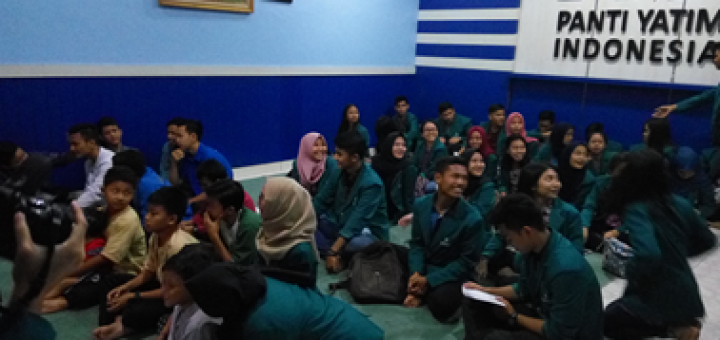Indonesian state universities welcome foreigners as permanent lecturers
Indonesian state universities welcome foreigners as permanent lecturers Moses Ompusunggu, Bambang Muryanto and Apriadi Gunawan – The Jakarta Post – Jakarta/Yogyakarta/Medan | Mon, April 16, 2018 | 07:26 pm Indonesian state universities welcome foreigners...


